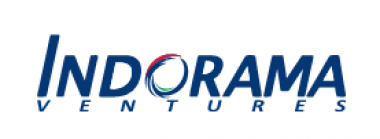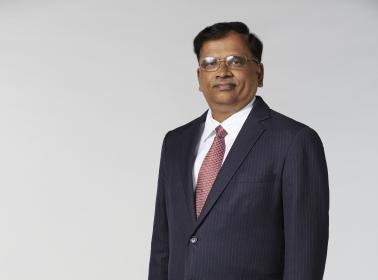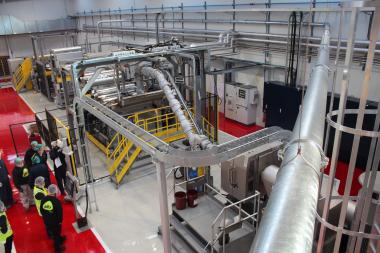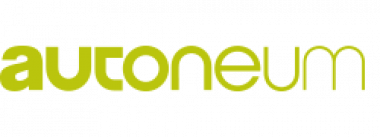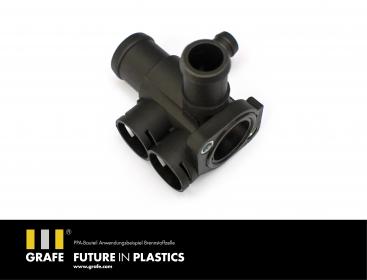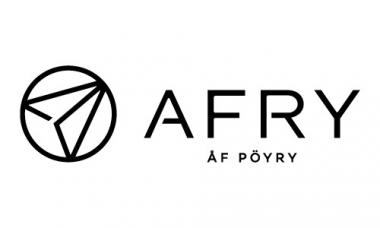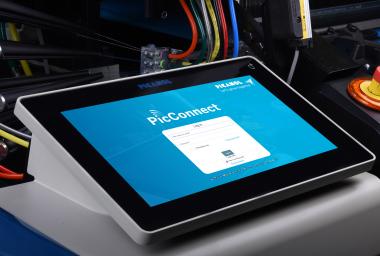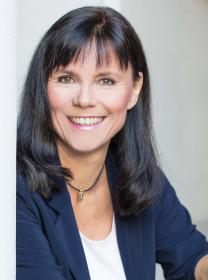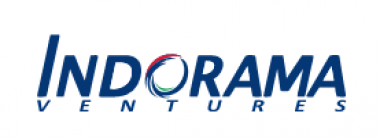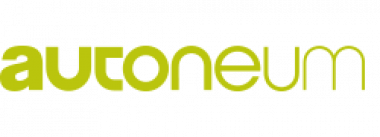Zünd at JEC World 2022
- Smart Workflows for Digital Cutting & Kitting
At JEC World 2022 in Paris, Zünd presents the latest developments in modular cutting solutions for composites. Known for its expertise in digital cutting and workflow integration.
As specialist in digital cutting for composites applications, Zünd demonstrates how data management, digital cutting, and downstream processes such as picking, sorting, and kitting, can be automated intelligently and based on specific needs.
In Industry 4.0 in general and processing composites in particular, an unencumbered flow of data is key to workflow efficiency. With Zünd PreCut Center, the user is well equipped to handle the challenges of demanding manufacturing processes. The software automatically optimizes contours and adjusts cut paths depending on the material and choice of tools. With the integrated nesting function, parts are laid out automatically for optimal material utilization. Considering the high cost of materials, maximum yield is essential for economical digital cutting.
With Pick&Place, Zünd presents a cost-effective solution for fully automated picking and kitting of cut parts. The Pick&Place interface enables direct communication with the robot via Zünd Cut Center – ZCC, the Zünd operating software and user interface. Pick&Place makes it possible to completely automate parts removal, kitting and placing. The necessary parameters are derived from the metadata supplied with the job order.
Zünd Systemtechnik AG








